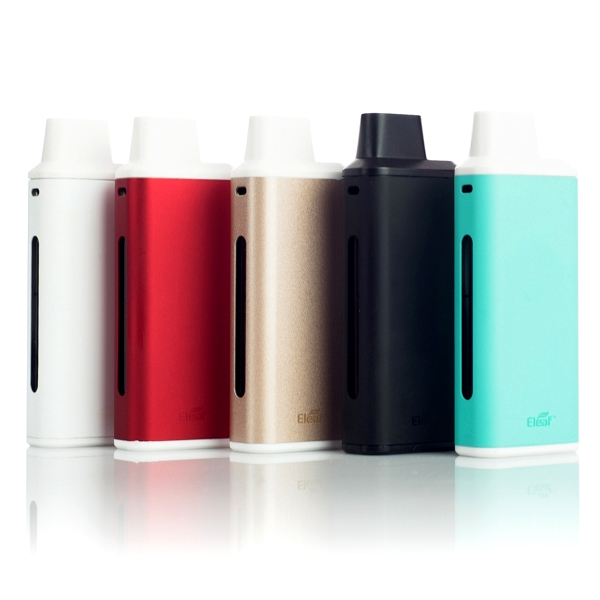
Opiate addiction problems in our country are currently at epidemic proportions; it’s a problem that even our president acknowledges as a national emergency. While heroin does largely contribute to this problem, prescription painkillers pay an even larger role. Many individuals who go to their medical doctors for help with managing chronic and severe pain are prescribed opioid painkillers that are just as powerfully addictive as heroin and other opiates. Since the road to addiction began with a recommendation from a trusted medical professional, many of these individuals struggle to come to terms with the fact that they are addicted. Once they do recognize the problem, they may find that many–or all–of the proffered solutions lead to new problems. For example, replacement drugs simply move the individual from one addictive drug substance to another. Vaping may provide a better alternative.
Benefits to Vaping
There are many acknowledged health benefits of vaping, but the vast majority of these benefits have to do with the fact that vaping is less problematic and dangerous than many alternative habits. While many individuals consider vaping to be first and foremost a healthy alternative to tobacco smoking, a recently published study suggests that it may also be helpful to individuals who are trying to overcome opioid addiction problems.
An individual who is struggling with opioid addiction once turned to these drug substances in order to handle a problem. In many cases, the problem is pain and the addiction problems linger long past the point where the individual is no longer suffering from pain enough to justify the continued use of opioids. Unfortunately, the individual is not able to simply quit the habit of taking opioids–which is why drug addiction is defined as the compulsive use of drug substances despite recognition of the damaging effects these drugs have on the individual’s health, relationships and life.
Opioids can be particularly difficult to withdraw from, which is why many addiction specialists have used substitution therapy, replacing a highly dangerous drug substance with something less harmful. The main problem with replacement therapy is that the replacements themselves are often dangerous enough to be an issue for the individual’s health as well, even when the replacements are unconsciously chosen by the individual himself. For example, individuals who try to quit tobacco smoking cold turkey often turn to candies, cookies, and other sweets in order to satisfy their oral fixation. Individuals who try to quit alcohol consumption cold turkey often increase their tobacco smoking. The benefit of using vaping as a sort of “replacement therapy” for opiate addicts is that it is a healthy option that will not create extensive new problems in the future.
How Healthy is Vaping
Individuals who are trying to wean off tobacco smoking may find the nicotine in e-juices helpful in allowing them to fully make the switch. However, vaping provides something that tobacco cigarettes cannot: the choice to reduce and even entirely eliminate one’s nicotine consumption. When this occurs, the individual is left with a habit that is essentially comprised of utilizing one’s hands in a pleasing hand-to-mouth motion and inhaling water vapor–a healthier option than traditional tobacco smoking and certainly opioid use. A study performed by the UK Royal College of Physicians has indicated that vaping is as much as ninety-five percent less harmful than tobacco smoking. Research from Australia indicates that individuals who turn to vaping to satisfy their cravings for tobacco smoking are able to do so successfully, and without increasing associated symptoms. All considered, vaping may very well help an individual to overcome their opiate addiction problems without opening the door to a host of new problems.

